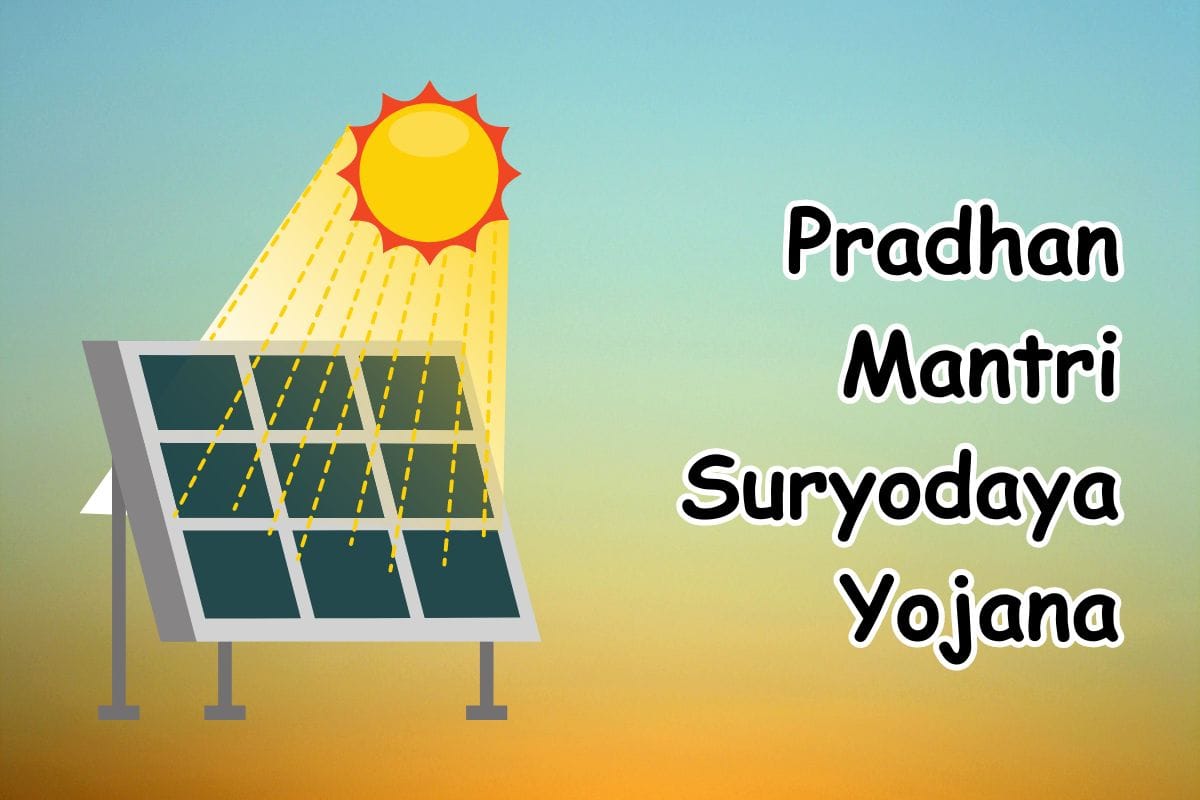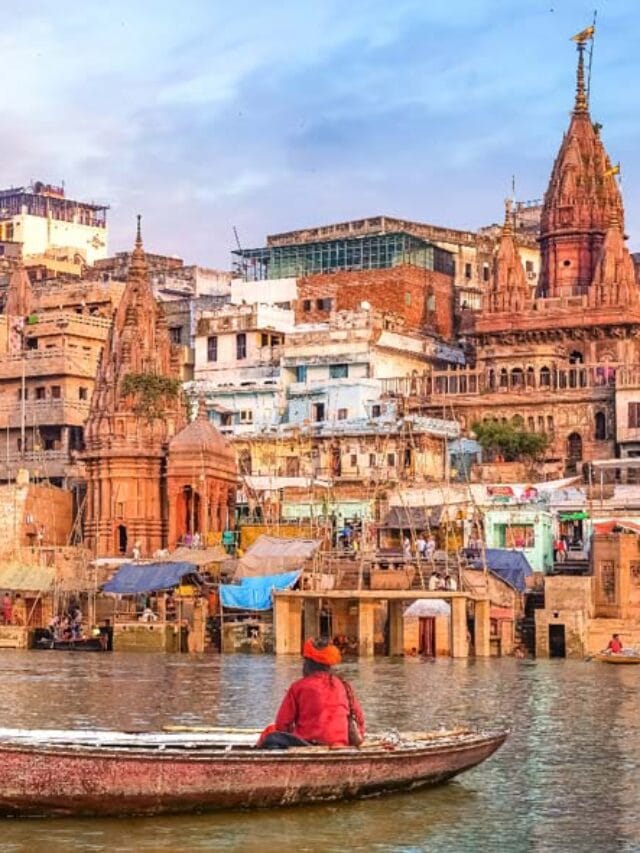
On the auspicious occasion of the consecration of life in Ayodhya, Prime Minister Shri Narendra Modi has strengthened his commitment to providing rooftop solar to the people of India. As the first decision after returning from Ayodhya, he announced the launch of the “Pradhan Mantri Suryodaya Yojana,” aiming to install rooftop solar systems on 1 crore households.
The Prime Minister emphasized that this initiative is not only aimed at reducing electricity bills for the poor and middle class but also at fostering India’s self-reliance in the field of energy.
Implications Of Pradhan Mantri Suryodaya Yojana
Pradhan Mantri Suryodaya Yojana,” announced by Prime Minister Shri Narendra Modi, has several implications:
Access to Clean Energy:
The yojana aims to provide rooftop solar systems to 1 crore households. This initiative has the potential to significantly increase access to clean and renewable energy for a large segment of the population.
Reduction in Electricity Bills:
By harnessing solar power, households can generate their own electricity. This is expected to lead to a reduction in electricity bills for the beneficiaries, particularly for the poor and middle-class families, contributing to improved affordability and financial well-being.
Energy Self-Reliance:
The emphasis on installing rooftop solar systems aligns with the broader goal of making India more self-reliant in the field of energy. By encouraging households to generate their own power, the country can reduce its dependence on conventional energy sources and move towards sustainability.
Environmental Benefits:
The promotion of solar energy has positive implications for the environment. Solar power is a clean and renewable energy source that helps in reducing carbon emissions, mitigating the impact of climate change, and promoting a greener and more sustainable future.
Job Creation and Economic Growth:
The implementation of the yojana is likely to create opportunities in the solar energy sector, leading to job creation. Additionally, the growth of the renewable energy industry contributes to economic development and technological advancement.
Infrastructure Development:
The widespread installation of rooftop solar systems requires infrastructure development. This includes the setup of solar panels, distribution networks, and maintenance services, which can contribute to the growth of the solar energy infrastructure in the country.
Empowerment of Rural and Urban Communities:
The yojana has the potential to empower both rural and urban communities by providing them with the means to generate their own electricity. This empowerment is not only economic but also involves giving individuals greater control over their energy consumption.
Government’s Commitment to Sustainable Development:
The announcement of such a yojana underscores the government’s commitment to sustainable development. By encouraging the use of clean energy at the household level, the government is aligning its policies with global efforts to combat climate change and promote environmental sustainability.
In summary, the “Pradhan Mantri Suryodaya Yojana” has wide-ranging implications that extend from individual households to the broader goals of environmental conservation, energy self-reliance, and economic development. It reflects a strategic move towards a more sustainable and inclusive energy landscape in India.








Leave a Reply